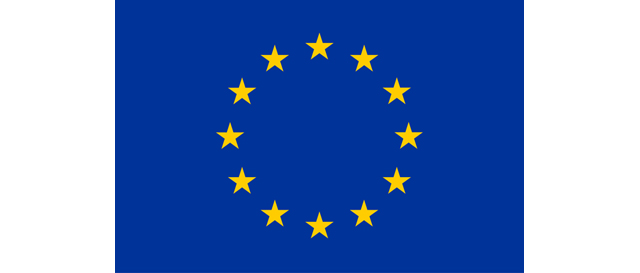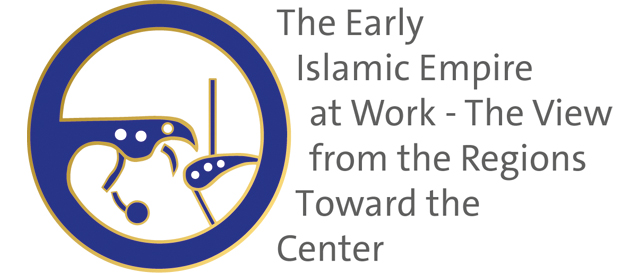Relocating Rome in World History – Comparison, Universal Empires and the Eurasian Ecumene
Peter Fibiger Bang ( Associate Professor at the University of Copenhagen - SAXO-Institute - Archaeology, Ethnology, Greek & Latin, History)
April 14, 2016, 6:30 pm, Universität Hamburg, Edmund-Siemers-Allee 1, AS-Saal, 20146 Hamburg
Abstract
How to locate the Roman empire in world history? Traditionally Rome has been seen in the light of European history. Yet Europe is characterised by the failure to establish a new all encompassing, universal empire after the gradual disintegration of the possessions of the western Roman court in the 5th century. From a European perspective, Rome looks like an anomaly, a giant impossible to fit into the mould of later experience. The scale of the Roman empire demands, instead, a world history approach. Rome may be the anomaly of Europe, but it fits into a wider Eurasian history of grand universal empires from antiquity till the dawn of modernity.
Dr. Peter Fibiger Bang is Associate Professor at the University of Copenhagen - SAXO-Institute - Archaeology, Ethnology, Greek & Latin, History. His research is situated at the interface of ancient and world history. It is focused on exploring historical comparisons between the Roman and other pre-colonial land-empires, especially the Mughal Empire of India, to suggest new ways of conceptualising the anatomy of Roman power. Topics include taxation and tribute, patrimonial lordship and the notion of Universal Empire, cosmopolitan high-culture as well as trade and economy.



